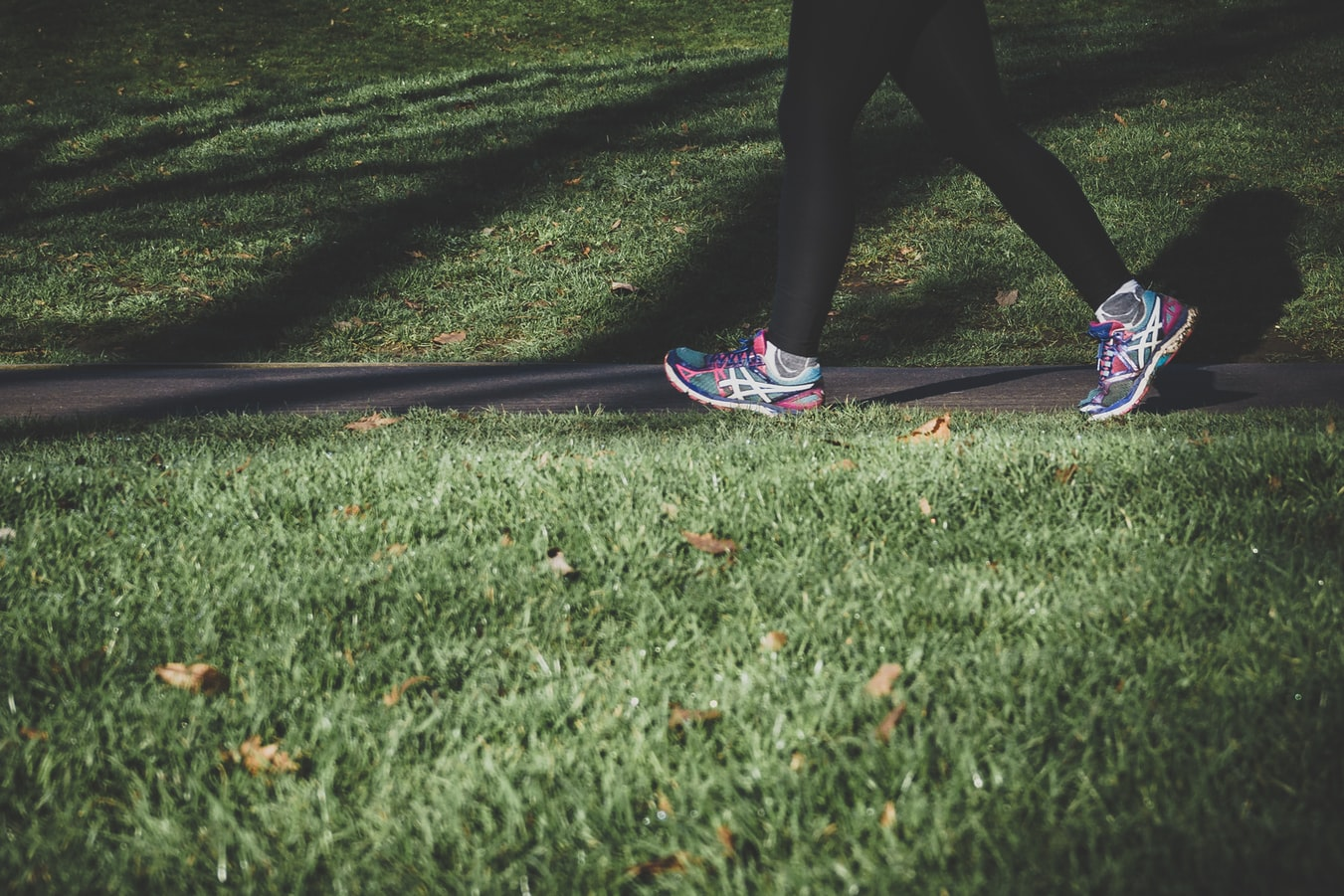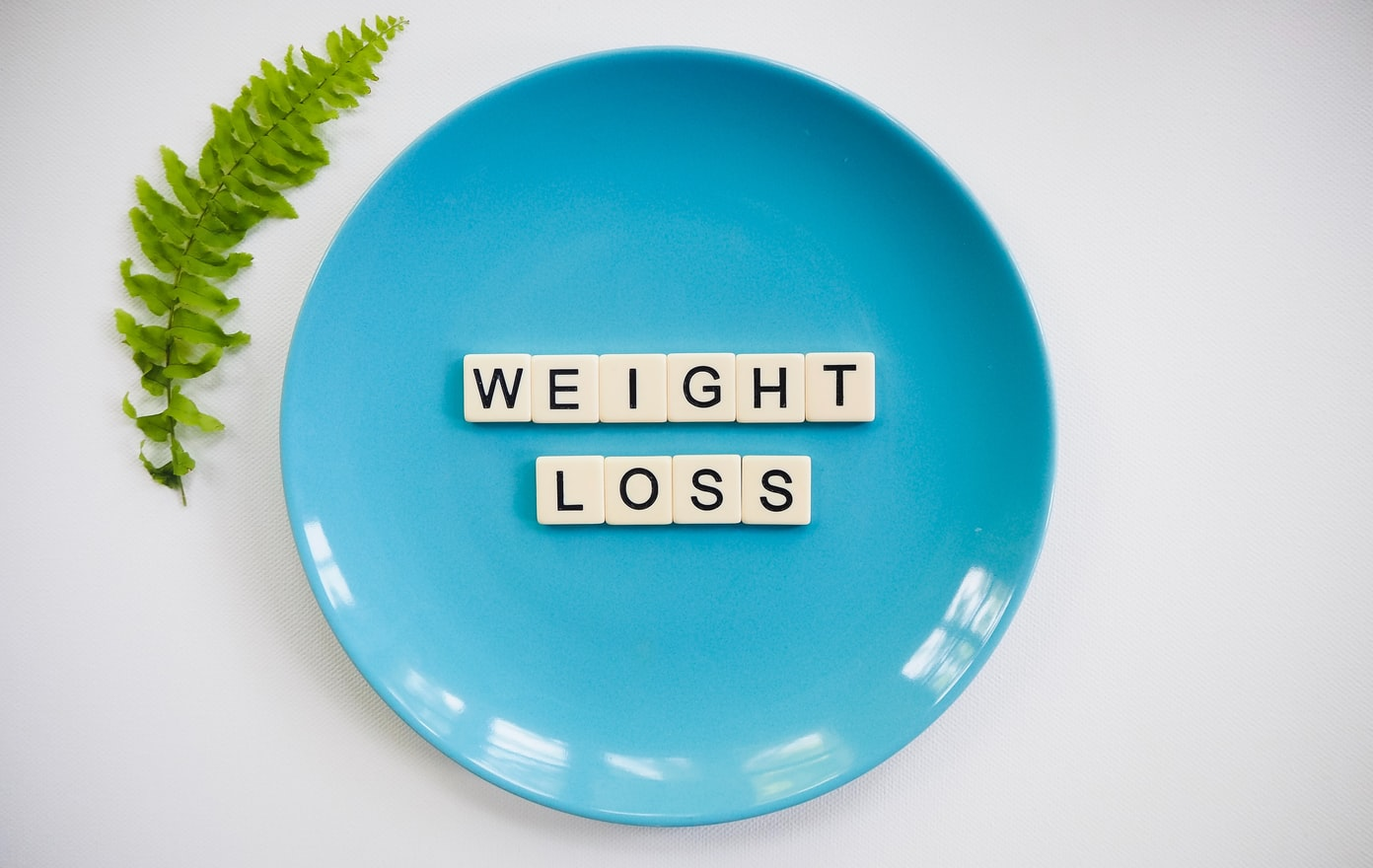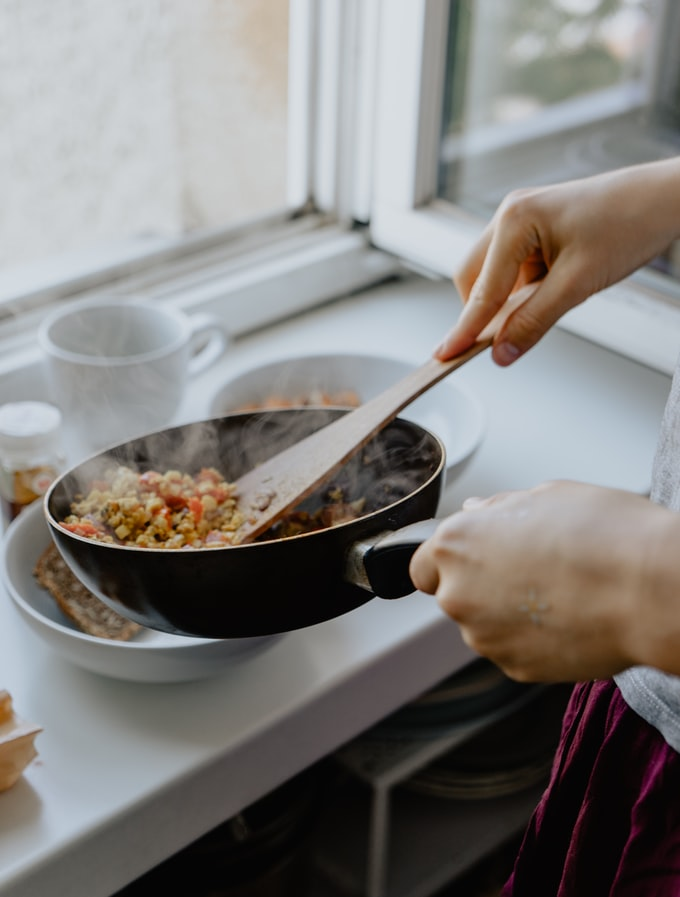Eating enough protein is very important for anyone on a health and fitness journey. It helps to build and repair muscle tissues as well as making enzymes and hormones which help you regulate your metabolism. Good sources of healthy protein should also include other important nutrients such as fibre, healthy fats, vitamins and antioxidants.
Here are some ideas for healthy protein sources to include with your meal-planning or snacks. For more recipe ideas and meal plans please see our healthy meal plans page.
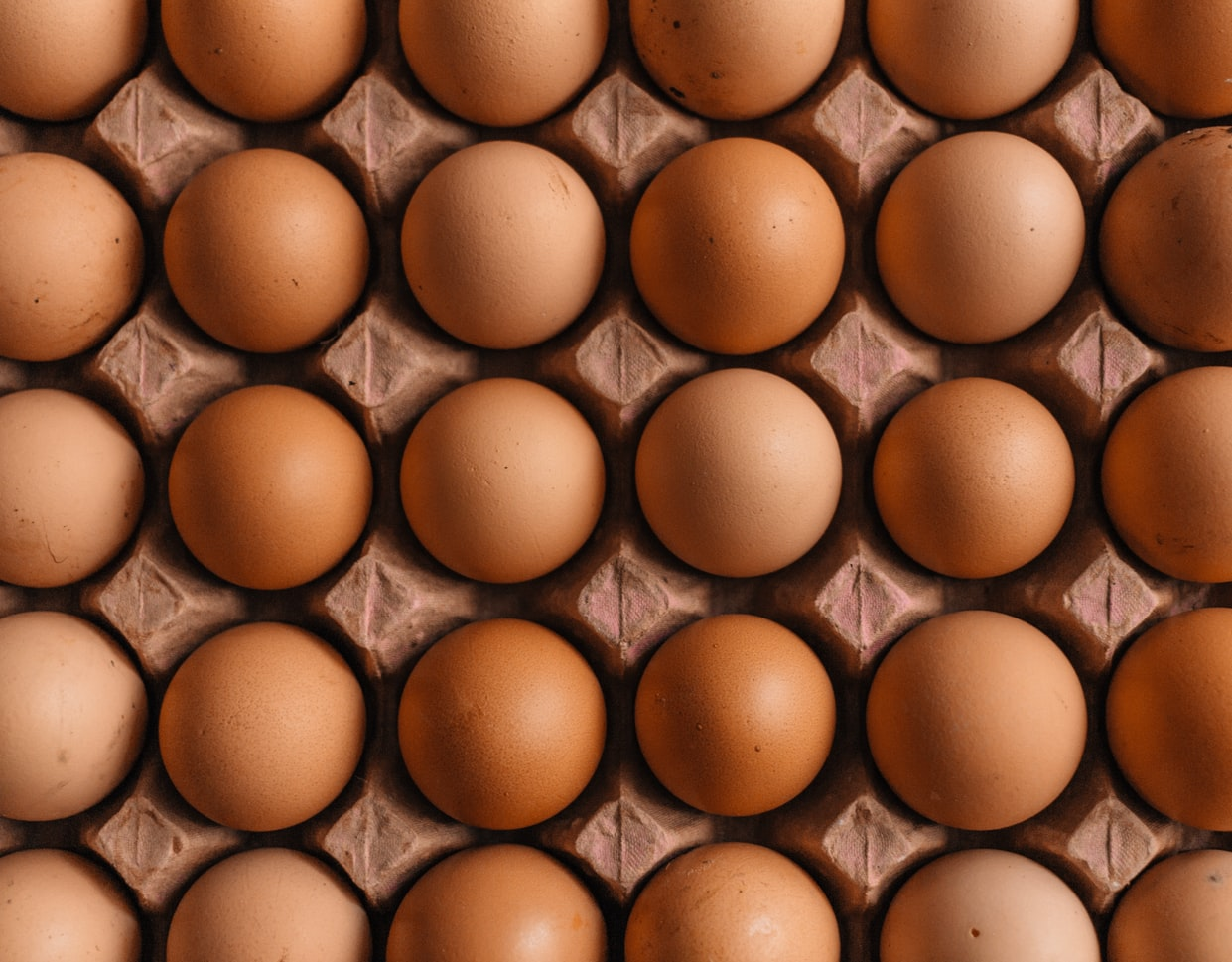
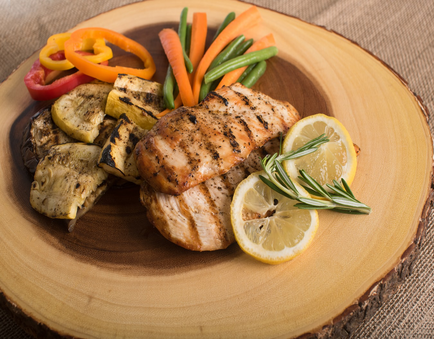
Eggs
Eggs contain around seven grams of high-quality protein per egg, making them a clear winner in the healthy protein category. Eggs are also versatile and budget friendly, making them an easy way to get protein.
Salmon
Salmon is a rich protein source and it is also high in anti-inflammatories as well as being a good source of brain boosting omega-3 fatty acids. Wild salmon is usually a healthier option if you are able to get it as it contains more minerals including potassium, zinc and iron compared with farmed varieties.
Greek Yoghurt
Greek Yoghurt is made differently to regular yoghurt, in a process which removes some of the whey from the dairy meaning the finished product has more than twice the protein of normal yoghurt. It also contains less lactose, so it may be a better alternative for those who are lactose intolerant.
Chicken
An average sized four-ounce chicken breast contains around 35 grams of quality protein as well as all nine essential amino acids. It is also low in saturated fat. Chicken is a versatile meat which can be used in soups, stews as well as pastas and salads.
Tofu
Tofu, which is made from Soy, which is one of the few plants that is actually a complete protein. This means that it also has all nine essential amino acids as well as around 20 grams of protein per cup. For vegans or non-dairy consumers, it also contains calcium and iron and may be helpful for those looking to reduce their cholesterol.



